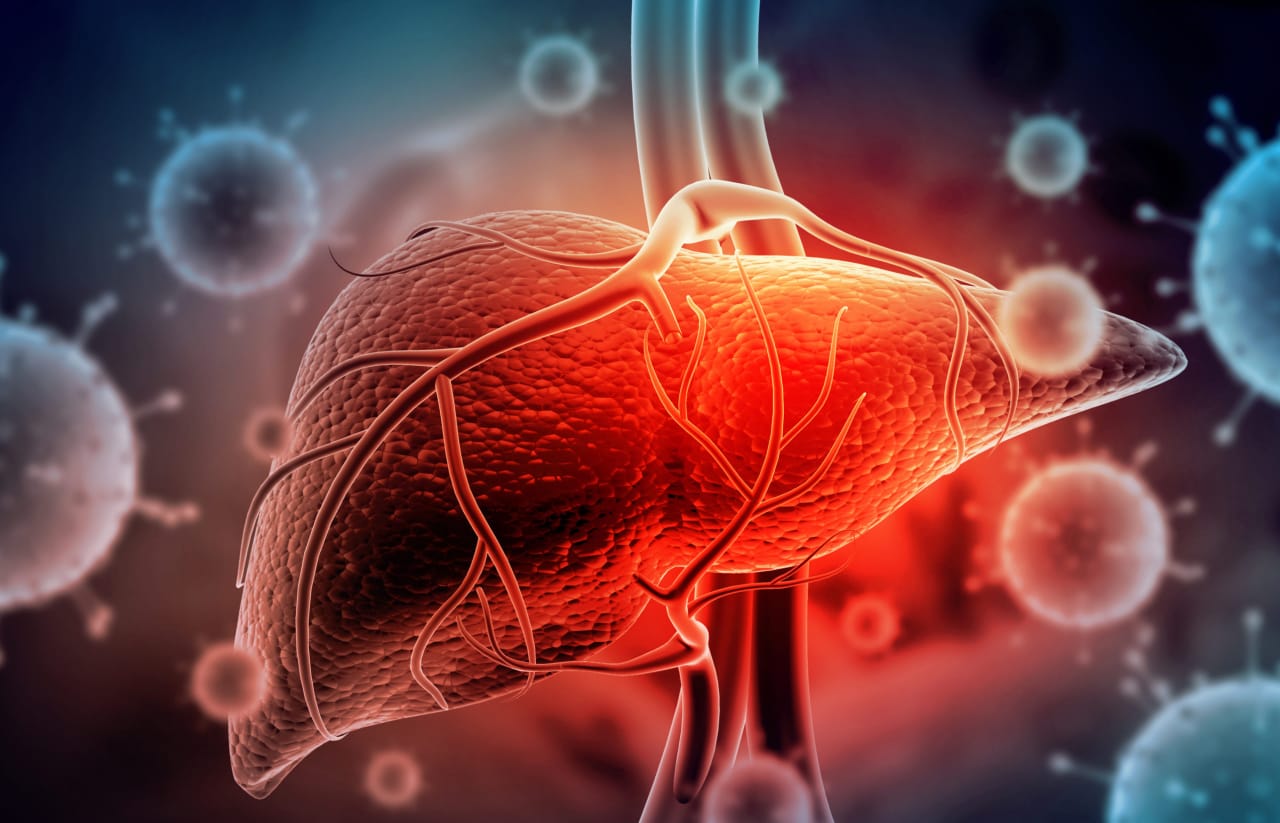Health
World Hepatitis Day: WHO, 91 million Africans have hepatitis

According to the World Health Organisation (WHO), there are currently 91 million Africans living with hepatitis, with approximately 125,000 hepatitis-related deaths happening in Africa.
Dr. Matshidiso Moeti, WHO Regional Director for Africa, stated this in her message for World Hepatitis Day 2023 with the theme “One Life, One Liver” on Friday.
According to the News Agency of Nigeria (NAN), World Hepatitis Day is observed annually on July 28 as part of WHO’s global hepatitis strategy, which aims to reduce new hepatitis infections by 90% and deaths by 65% between 2016 and 2030.
Moeti stated that the theme aimed to highlight the link between viral hepatitis infection and liver inflammation, as well as the broader issues of liver health and primary health care.
According to her, 1.2 million new hepatitis infections were diagnosed in 2019 alone, and the disease kills the bulk of the population’s young and active individuals.
Hepatitis, she explained, is a viral infection that predominantly affects the liver, producing inflammation and potentially progressing to more serious illnesses like liver cirrhosis and liver cancer.
Hepatitis B and C are the most frequent forms in Africa, according to Moeti, and can be transferred by infected blood, unprotected sexual activity, or from mother to child during childbirth.
According to her, hepatitis B virus infection is avoidable by vaccination, and doctors can now successfully treat hepatitis C, which is caused by the hepatitis C virus, using antiviral medications.
Hepatitis, she claims, causes the destruction of the liver’s regular structure, preventing it from functioning properly.
“During birth and delivery, Hepatitis B is commonly transmitted from mother to child.”
“Hepatitis B can also be transmitted through sexual contact with an infected partner, unsafe injections, or exposure to sharp instruments.”
“Hepatitis C is spread through contact with the blood of an infected person through unscreened blood transfusions, needle sharing, and unsafe sexual practises that result in direct exposure to blood,” she explained.
WHO, according to her, supports regional and national initiatives to eliminate viral hepatitis by 2030 by providing clear instructions for decentralised and simplified person-centered viral hepatitis prevention, testing, and treatment.
She also stated that the help includes eradicating hepatitis B by birth dose vaccination (either on the day of birth or the day after).
Moeti stated that much more could be done to prevent hepatitis-related mortality and infections.
“Despite the availability of diagnostic tools and effective treatment, more than 90% of hepatitis patients in Africa do not receive the care they require.”
“And only about 10% of the population has access to testing and treatment,” she added.
This, she claims, leads to increasing severe liver disease, a crippling financial load, emotional suffering, and stigma.
“As a public health approach, testing and treatment remain the most neglected aspects of the response.”
“Countries with no hepatitis B vaccination at birth have the highest burden of hepatitis B infection in children under the age of five.” As a result, vaccination is an important component in the fight against hepatitis,” she explained.
According to Moeti, everyone must make services available through robust primary health care services that are increasingly sponsored with domestic resources.
“Testing and treatment interventions must be included in the essential package of health services provided through integrated primary health care that meets the needs of people of all ages.”
“We must increase Hepatitis B immunisation coverage to meet the globally agreed-upon target of 90%.” As a result, I urge all countries to cooperate together to implement the hepatitis birth dosage.(NAN)
